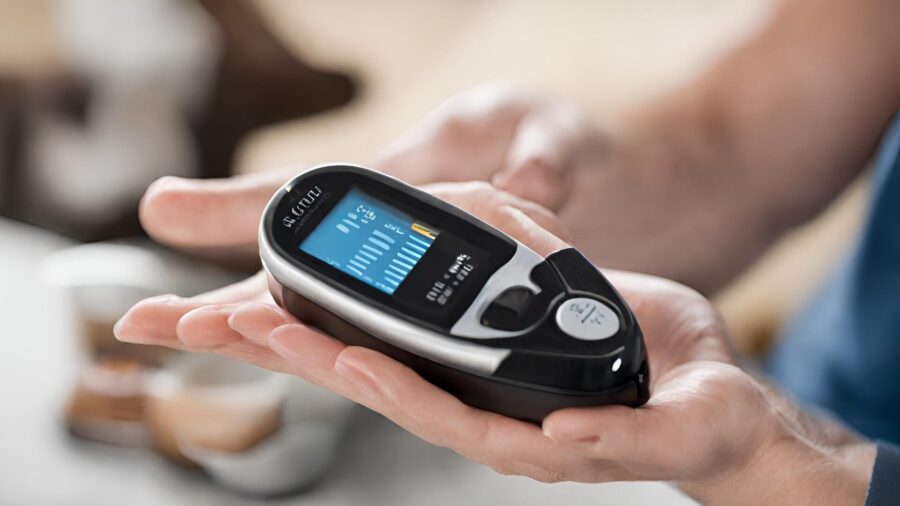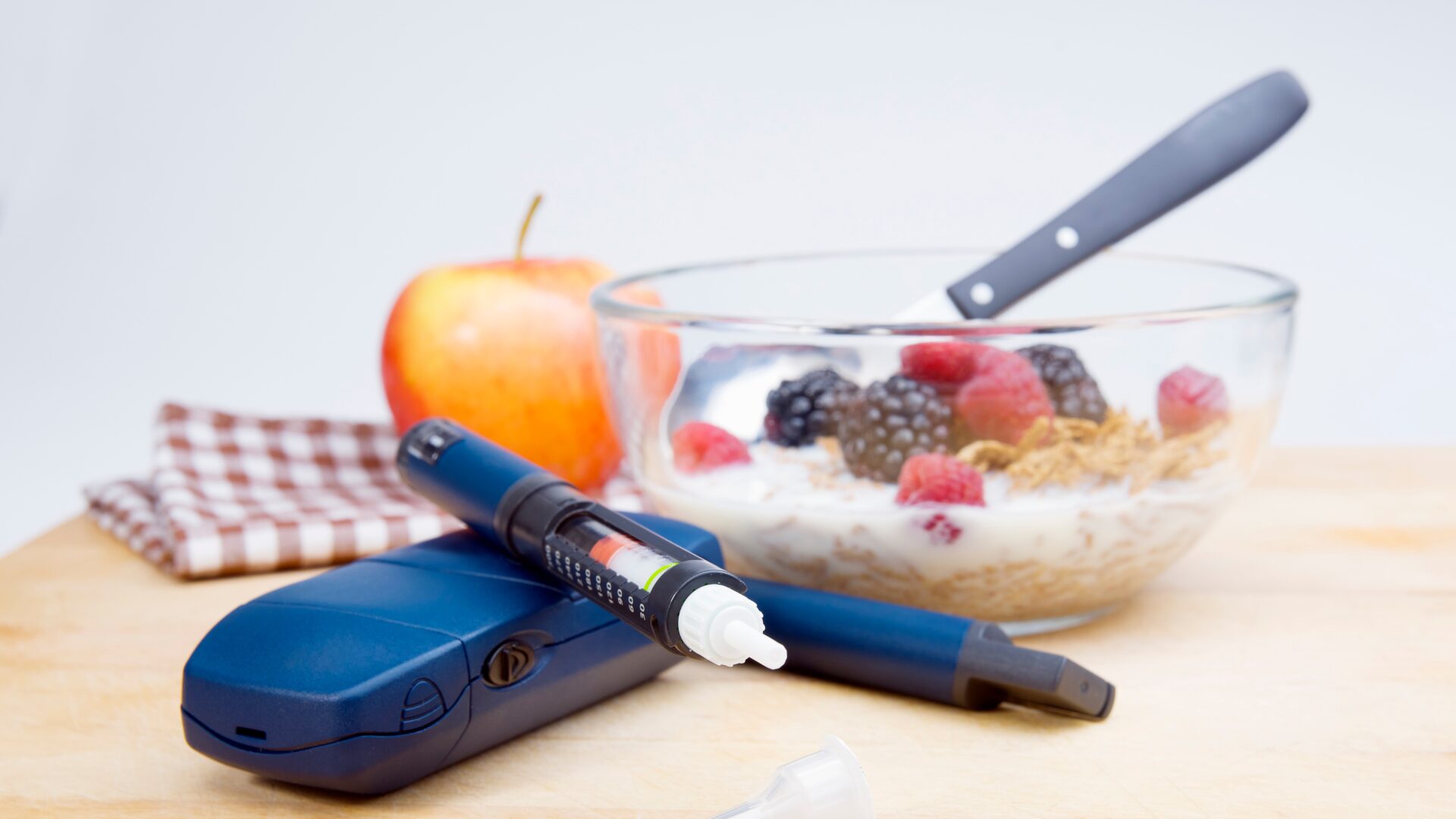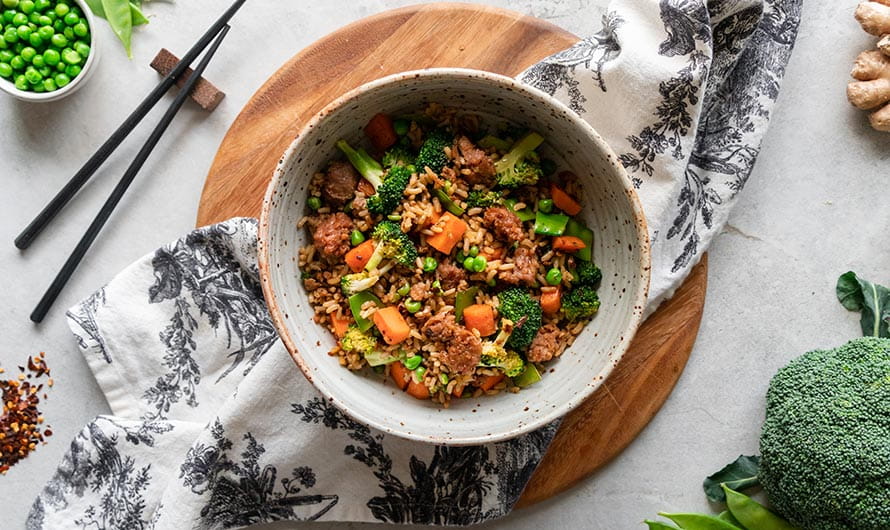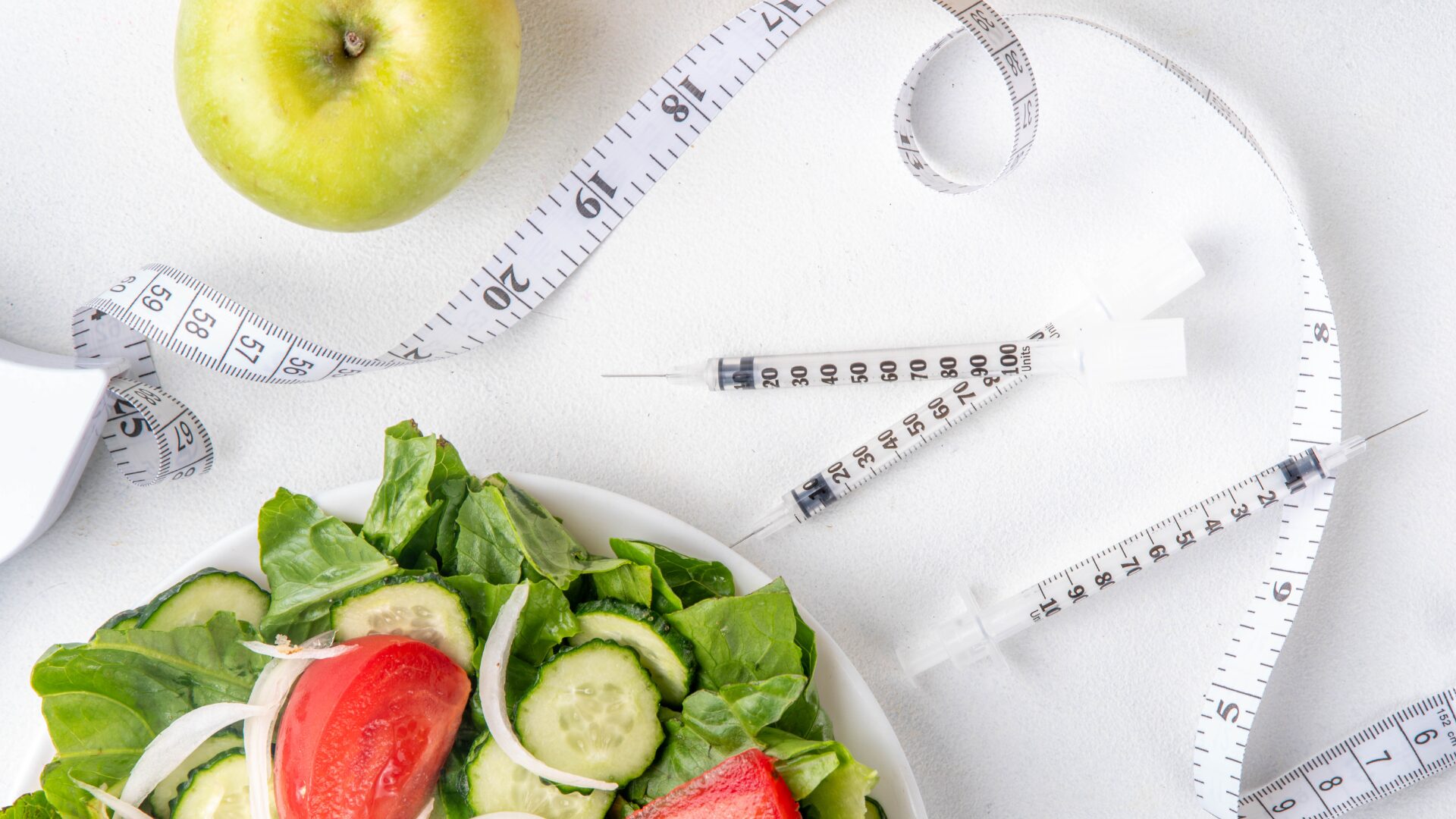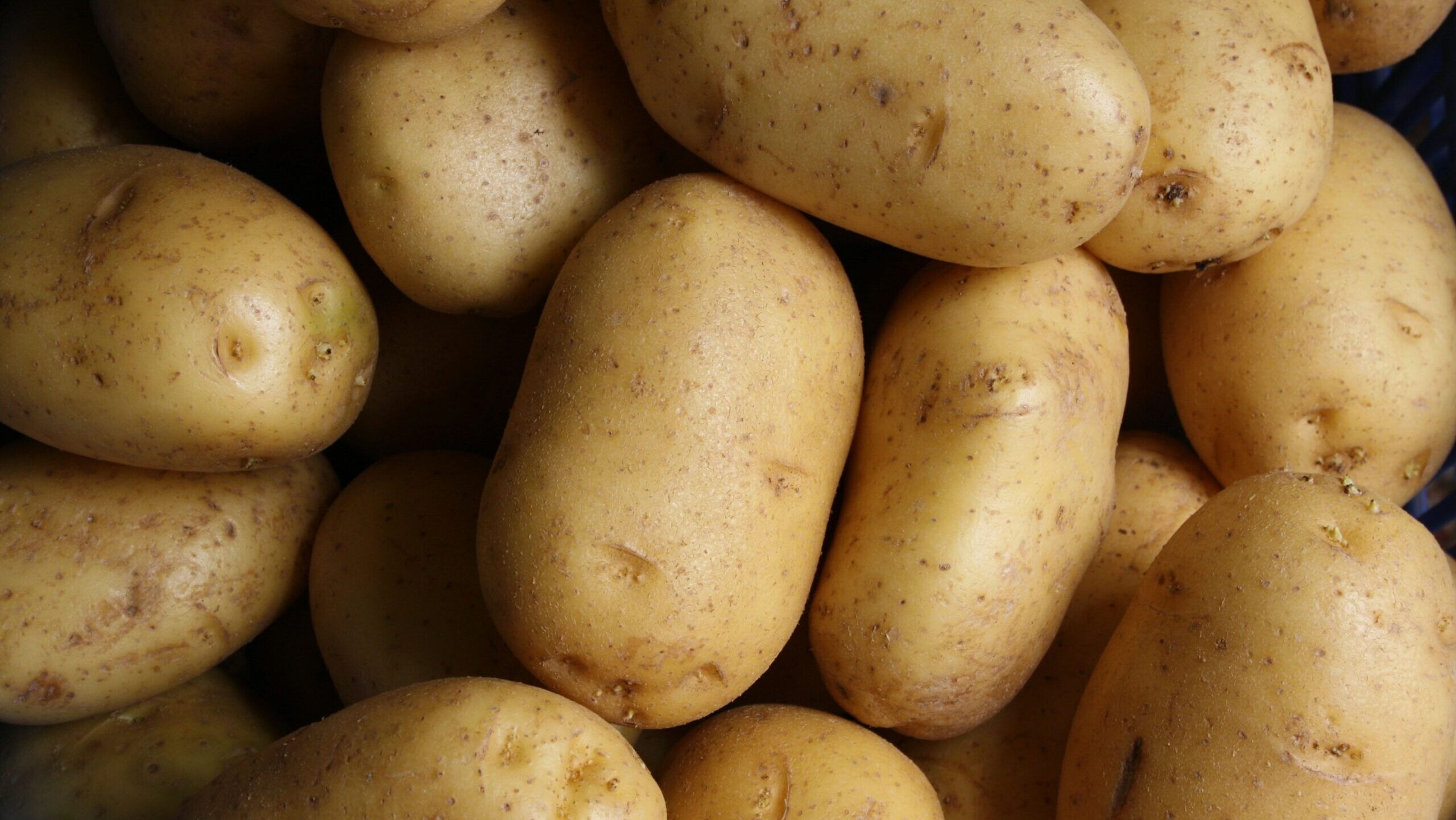Glucose monitoring apparently isn’t just for diabetics anymore, thanks to Jessie Inchauspé, also known as the Glucose Goddess.
The Wall Street Journal recently reported Inchauspé is pushing what she calls diet “hacks” to minimize blood sugar spikes for people who really don’t need to worry about such things, essentially making glucose the new gluten.
Some 38 million American adults suffer from type 2 diabetes and 98 million more have prediabetes – 80% of whom don’t even know it. About 1.45 million Americans suffer from type 1 diabetes.
For decades doctors and other health professionals have been advising patients to limit their sugar intake. Eating too much sugar can lead to higher blood pressure, chronic inflammation, weight gain and fatty liver disease, as well as type 2 diabetes brought on by insulin resistance.
“Buying a glucose monitor is not something that the average individual without diabetes needs to do, despite all the fads out there currently,” registered dietitian and nutritionist Michelle Saari told The Food Institute. “If you don’t have diabetes, then it is unlikely that your blood sugars spike out of the normal ranges.”
That hasn’t stopped January.ai from offering a continuous glucose monitor and app that pair with an activity tracker to monitor blood-sugar levels and overall physiology. It’s being marketed as a tool for weight loss.
Inchauspé told the Journal she has considered numerous studies from scientists around the world. Her hacks advise such long-known suggestions as eating more vegetables and making sure to add protein, fat or fiber to carbs. She also recommends taking a tablespoon of diluted vinegar before eating sweets or a carb-heavy meal.
“While there is some low-quality evidence that shows the acetic acid found in vinegar may acutely decrease blood sugar levels, there’s not really any reason someone without diabetes would need to worry about this,” registered dietitian and nutrition consultant Kristin Grimes told FI. “A rise in blood sugar after eating is the normal and expected physiological response to eating, and for most people, the body is able to regulate this on its own. It’s also worth noting that regular intake of vinegar doesn’t come without risk, as it has been associated with gastroparesis, nausea and erosion of tooth enamel.”
Registered dietitian Hanna Trundle said it’s normal for blood sugar to increase after a meal. There also are energy highs and lows throughout the day.
“Think, 3 p.m. coffee slump and a bag of chips. We don’t want your blood sugar levels spiking and dropping throughout the day. We can mindfully try to slow down that increase and drop by eating more balanced, complex carbohydrates or pairing simple carbohydrates (sugar, juice, soda, candy, white bread) with protein and/or fat. This could help someone struggling with energy highs and lows throughout the day feel more balanced,” Trundle said.
Saari said though Inchauspé has some great advice, hacks are unneeded to manage blood sugar wisely.
“Some ways to manage blood sugars include reducing added sugar in the diet, obviously, have plenty of fruits and vegetables for their high fiber content — at least half a plate at all meals — switch to whole grain foods, and reduce the amount of sweet treats you eat. Making these simple switches will help to manage blood sugars without drinking awful tasting vinegar, or attaching a glucose monitor to your arm,” Saari said.


